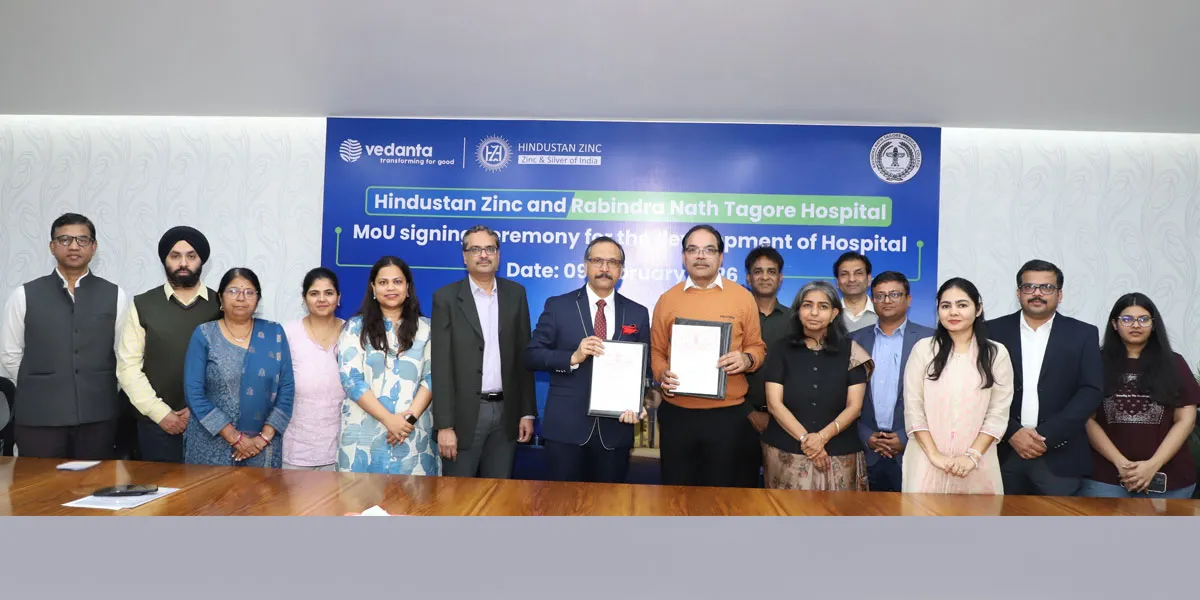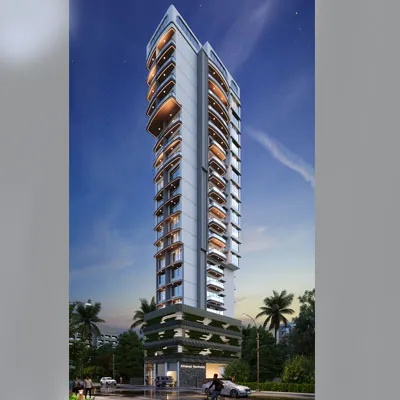NHAI formulating policy for early exit of developers

Hindustan Zinc Signs MoU to Upgrade RNT Hospital, Udaipur
Hindustan Zinc has signed a Memorandum of Understanding to support the redesign, upgradation and development of Rabindra Nath Tagore (RNT) Hospital in Udaipur, marking a significant step towards strengthening public healthcare infrastructure in the region.The MoU was signed by Arun Misra, CEO and Wholetime Director, Hindustan Zinc, and Vipin Mathur, Principal of RNT Hospital, in the presence of senior officials. As part of the collaboration, Hindustan Zinc will support a comprehensive master plan to transform RNT Hospital into a future-ready, multi-specialty healthcare facility equipped with a..

SPAN FLOORS Brings Italy’s Bespoke Flooring Brand Flooma to India
SPAN FLOORS has expanded its design-focused portfolio with the introduction of Flooma, an Italian atelier known for customised wooden floors and intricate inlay craftsmanship, to the Indian market.Rooted in Italian woodworking traditions, Flooma specialises in translating architectural concepts into one-off flooring designs. Clients can customise existing patterns or commission entirely new layouts, with flexibility across materials, finishes and inlay detailing. This makes the brand particularly suited to luxury residences, boutique hospitality projects and design-led spaces where flooring fo..

Alliance City Begins Construction of Alliance Harmony in Matunga
Alliance City Developers Realtors has performed the bhoomi pujan for Alliance Harmony on 7 February 2026, marking the commencement of construction of its premium residential development in Matunga.Positioned as a boutique project, Alliance Harmony is designed around a one-residence-per-floor concept, offering enhanced privacy with direct elevator access. The development will comprise well-planned 3 BHK apartments and signature 4 BHK sky villas, with an emphasis on natural light, cross ventilation and low-density living.Located on Balkrishna Sule Marg, opposite the ICT Library in Matunga, the p..

















